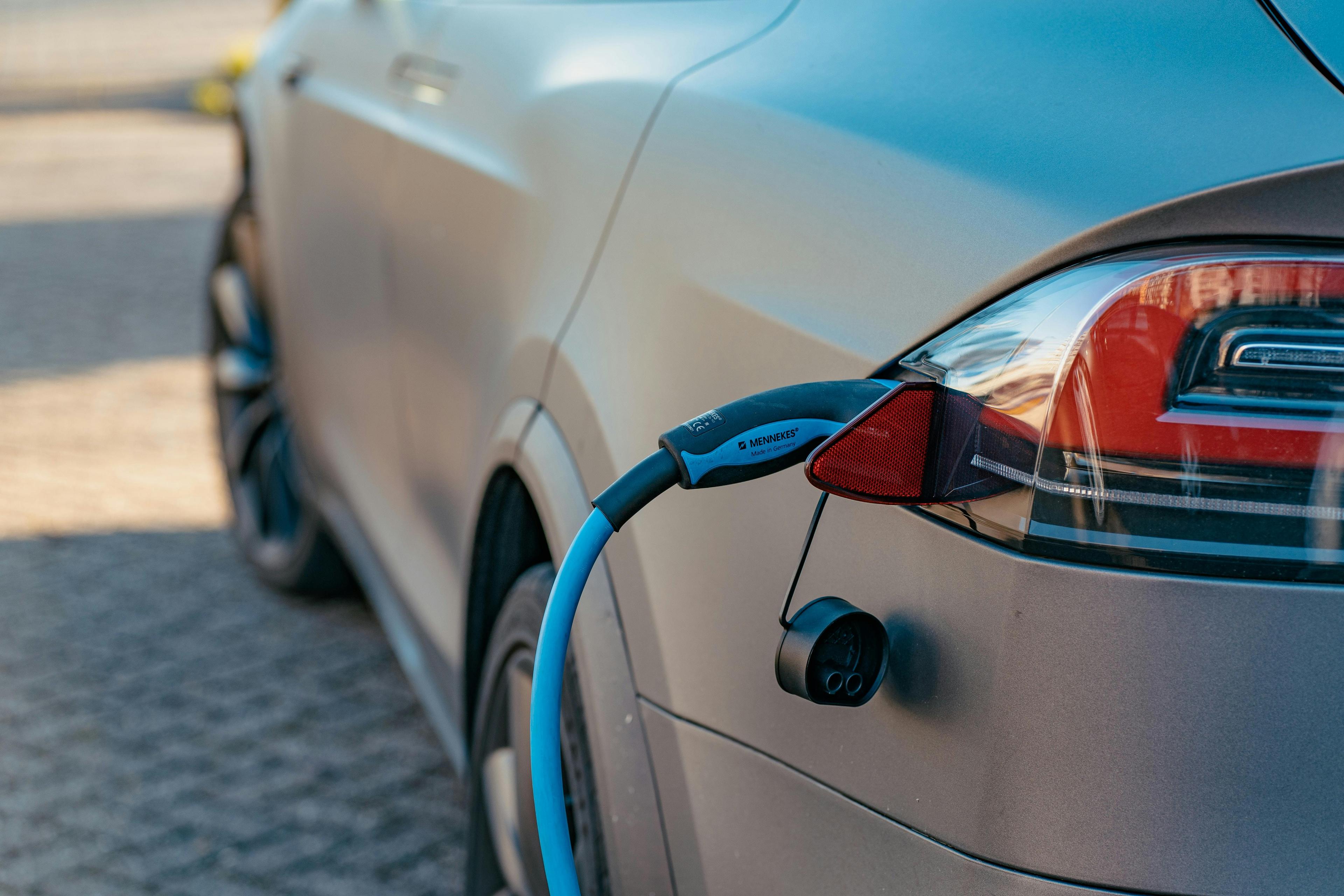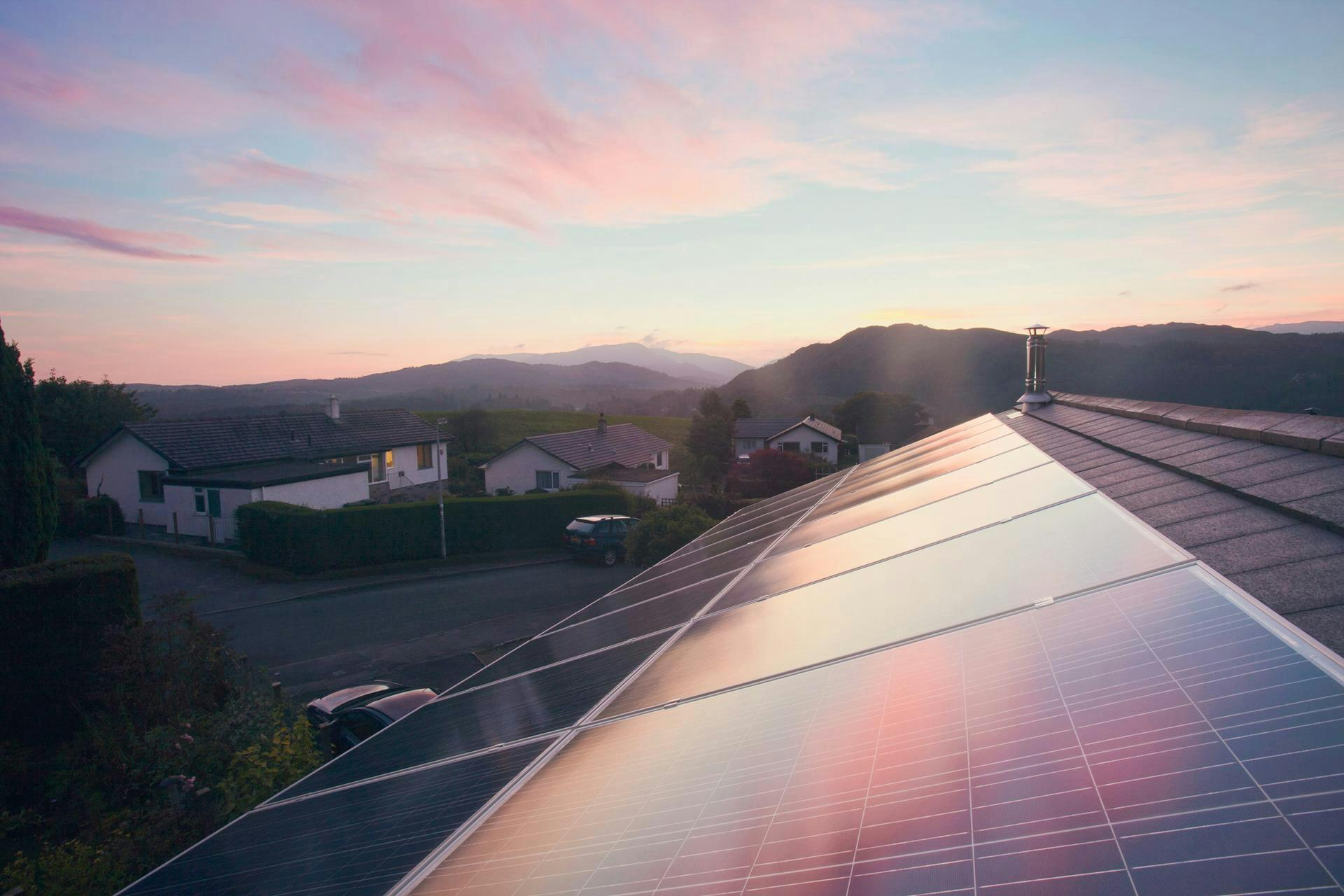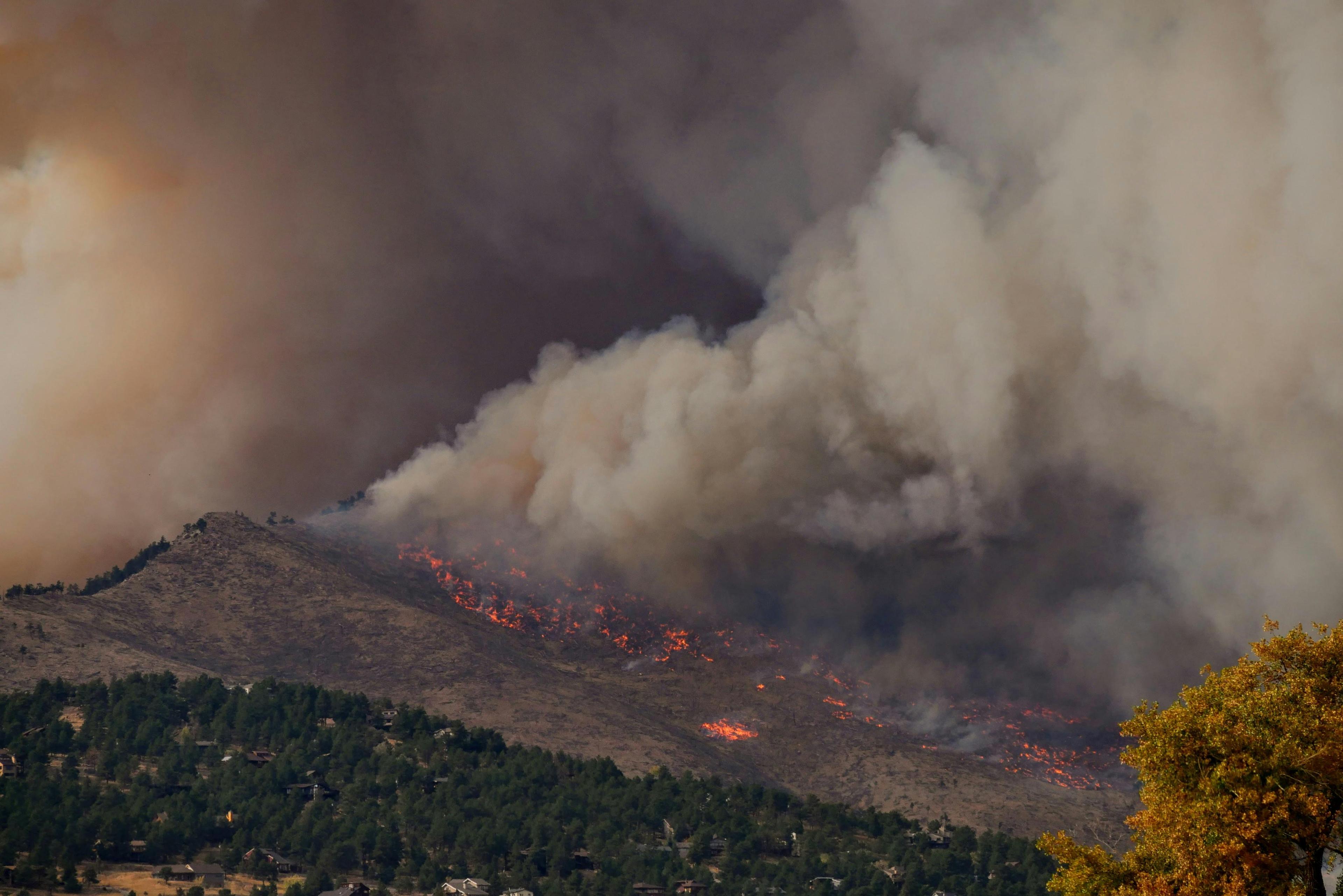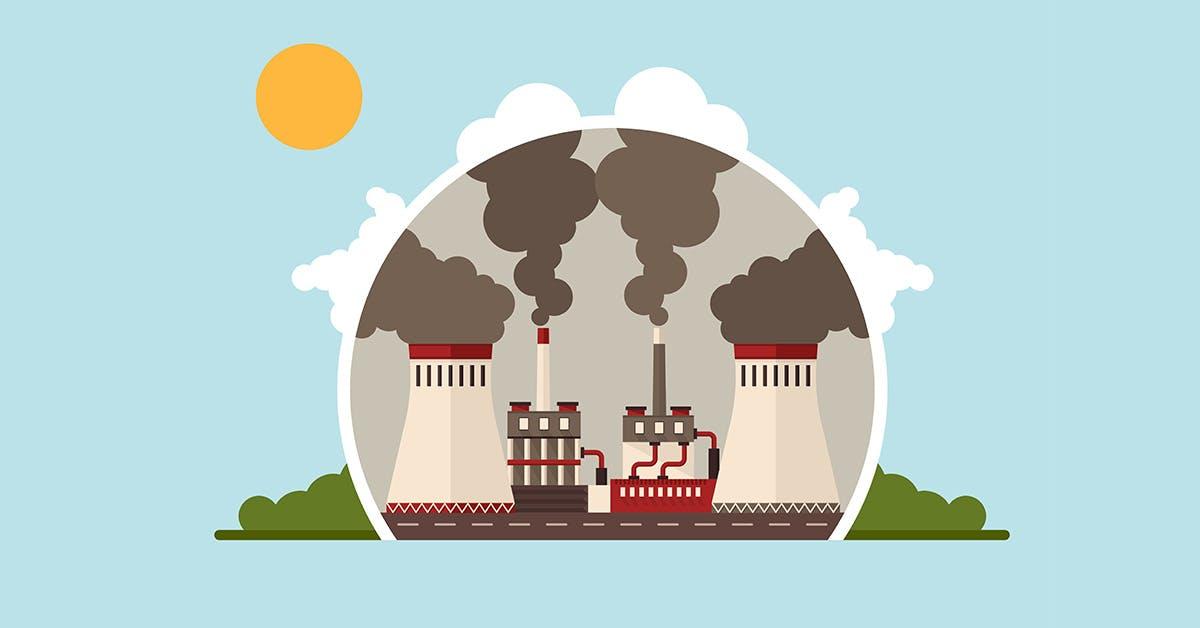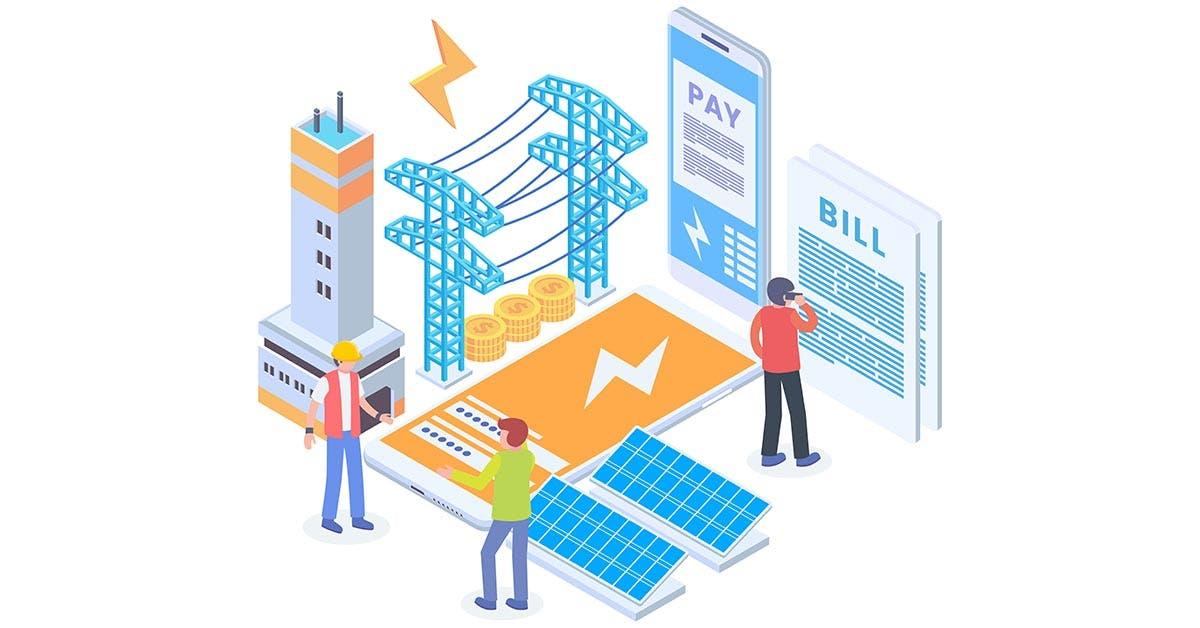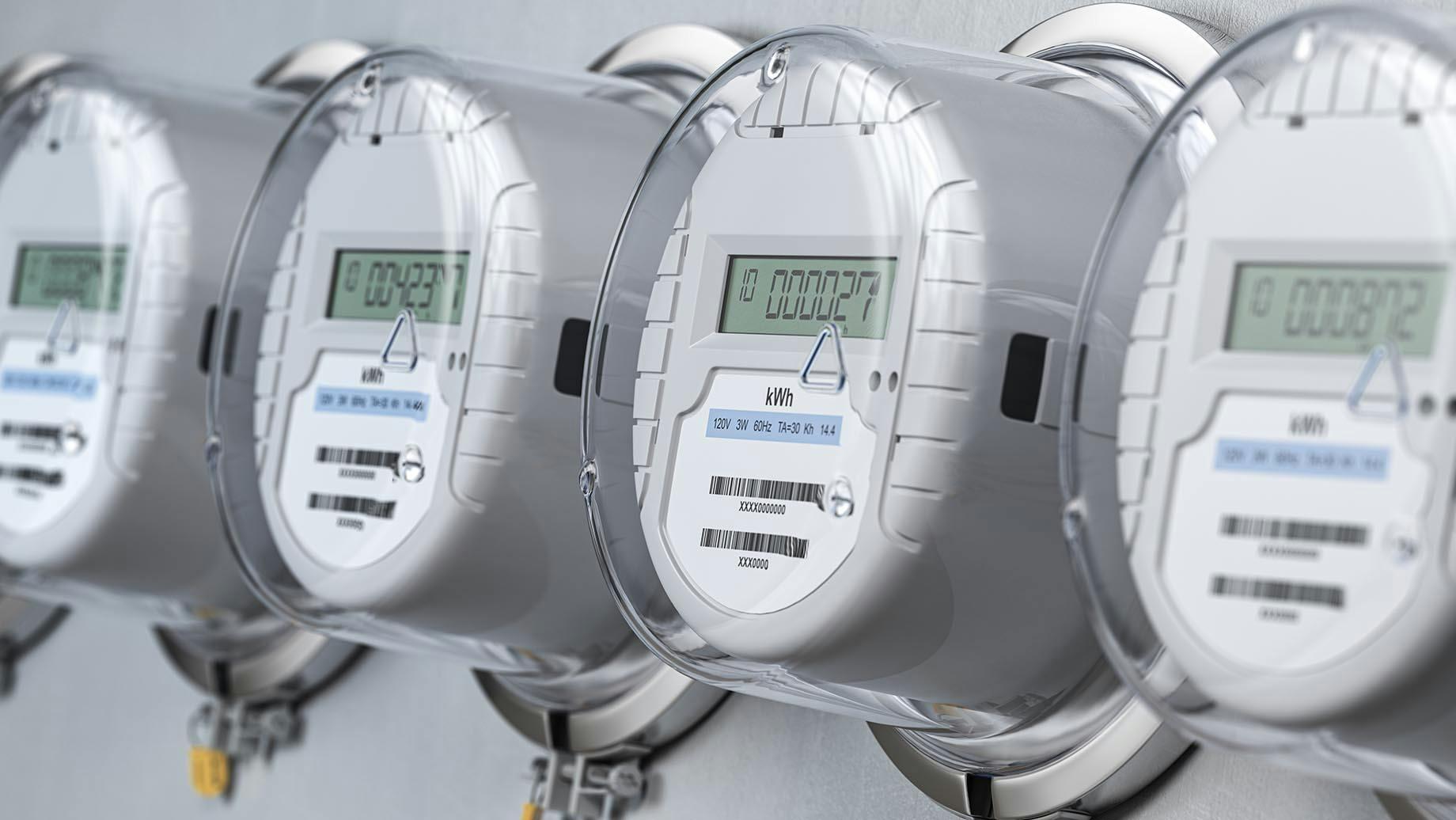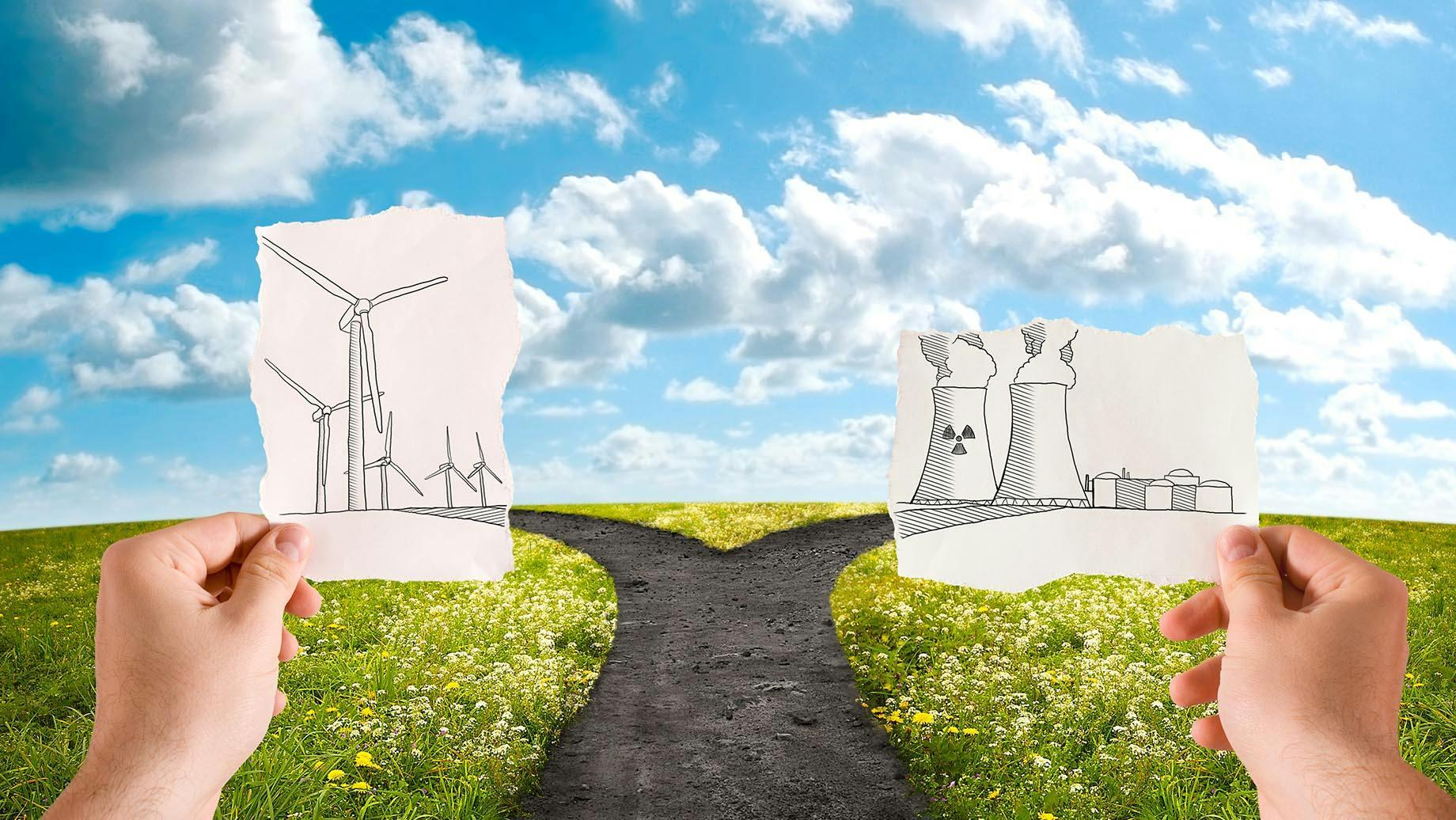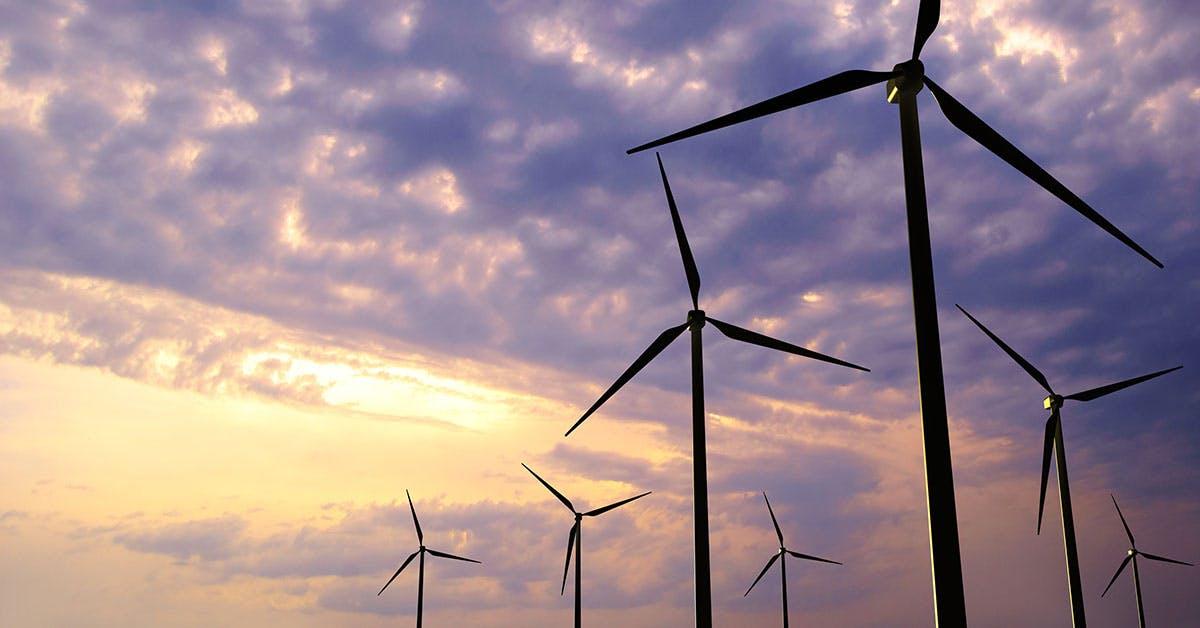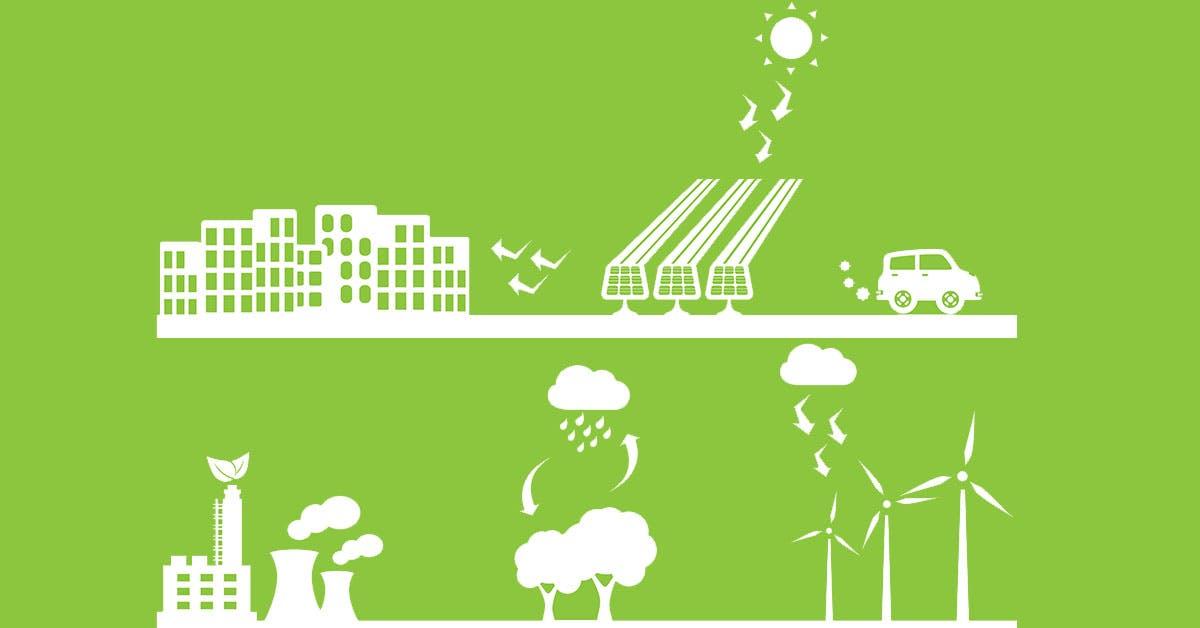
5 Ways The World Changed In 2020 — For The Better
Inspire Clean Energy
Dec 30, 2020
6 min read
category: Sustainable Living
Don't worry about climate change— do something about it.
Our clean energy plans are the easiest way to reduce your home's carbon footprint.
Switch to clean energyWhen we reflect back on 2020 and think about the lives we lived and the events we experienced, chances are many of us will find ourselves recalling memories of COVID-19 and quarantining at home, of political division and social activism. And even though this year certainly made us all reconsider what the phrase “2020 vision” really means, there were more than a few rays of hope that shined through despite it all — especially in the world of sustainability. Believe it or not, there were quite a few good things that happened in 2020!
Our united fight against climate change is likely to be a long one, with each year bringing different obstacles and opportunities with it. And thankfully, 2020’s obstacles showed us just how many opportunities await us in the future of sustainability and renewable energy alike — and that, in some ways, a net-zero carbon future may be closer than we think.
From reduced emissions to record-setting renewable energy capacities, the future of sustainability is as bright as ever.
Here are 5 good things that happened in 2020 and ways the world changed for the better.
1. “Safer at Home” restrictions saved lives and reduced global nitrogen dioxide concentrations by 20%
When the novel coronavirus hit and social distancing restrictions became our new reality, people suddenly stopped commuting, traveling, and even leaving their houses. And the atmosphere noticed. The sudden halt in the usage of emissions-producing vehicles, both large and small, had the kind of positive environmental impact that climate activists have long strived for. In fact, this NASA model1 shows just how substantial this change was. Across the globe, less-frequent use of fossil fuel-powered vehicles, which emit nitrogen dioxide, led to 20% lower concentrations of the pollutant. In China, reductions were closer to 60%, while in New York they were nearly 45%. There’s no doubt that habitual human actions have a substantial impact on the health of our planet — and that we do, in fact, have the power to fix it.
2. The planet experienced a reduction in carbon dioxide emissions greater than that of the Great Depression and WWII combined
It is generally expected that with an economic downturn of any severity there will be, to some extent, a related reduction in emissions. And in 2020 that proved to be more than a little bit true. Not only were daily carbon dioxide (CO2) emissions reduced by around 10% compared to those from 2019, but the year’s total CO2 emissions were lower than those at any other time in the past 100 years. In total, it is estimated that CO2 emissions were reduced2 by a record 1,551 Mt CO2 in 2020, followed most closely by the WWII-era reduction of 790 Mt CO2.
3. Over a dozen countries committed to banning the production of gas-powered vehicles within twenty years
It’s become clear that gas-powered vehicles are rapidly advancing the negative effects of climate change. Luckily, with the help of social outcry and adaptable governance, more countries are making the decision to ban the production of new vehicles that use combustion engines. As of the end of 2020, there are at least 20 countries3 with legislation marked to enforce this ban, with many states in the US following suit. And of the nine states that have introduced such legislation, six of them did so in 2020, including New Jersey, California, and New York to name a few. And while in some cases states are still working to pass this legislation, it’s good to see that the conversations have begun.
4. Our global capacity for renewable energy production set a new record
Although it felt like everything came to a grinding halt in 2020, the world did in fact keep spinning — and thankfully, renewable energy was able to pick up the pace. As our priorities shifted and our routines went indoors, the way we generated electricity changed, too. In 2020, nearly 200 megawatts of new renewable energy generation sources were installed around the world, making up an impressive “90% of all new electricity capacity.”4 And projections for renewable energy capacity in 2021 are expected to continue on an upward trajectory, rising from 20% to an estimated 21%5 in a year’s time. This goes to show that now is the time to invest in clean energy solutions, be it by investing in solar panels for your own home or simply by signing up for a clean energy subscription that supports the renewable energy economy as a whole. Because if we learn one thing from 2020, it’s that we need to change the course of our planet’s future by making more sustainable choices today.
5. Natural environments and tourist destinations experienced a much-needed reprieve from human activity — and are better for it
The ecological restoration of natural spaces has long been a concern for those charged with the protection of national parks, heritage sites, and even popular tourist destinations. And the impact of human activity on these delicate spaces can be seen not just in the waste that is too often left behind by visitors, but in the appearance of hotels, restaurants, and other services that are developed to serve tourist populations as a result. In one way or another, all of these things leave their mark on the surrounding environment. But with the restrictions imposed by the pandemic, travel and tourism plummeted. And while local economies no doubt suffered as a result, the natural environments reaped the benefits.6 Oceans and lakes around the world changed color as a result of fewer boats and swimmers, wildlife began to reemerge by both land and sea, and even the eternally murky canals of Venice, Italy, became noticeably clearer.
While 2020 certainly took us on a rollercoaster ride of ups and downs that none of us asked for, it’s important to remember that the decisions we make every day have a lasting impact on the world around us — for better or worse. And though we made many forward strides in 2020 in terms of renewable energy and sustainability, so too did we take steps backward.7 Plastic usage went up exponentially, medical waste became unavoidably prevalent, and improper disposal of PPE and associated plastics polluted our soil and waterways. All this is to say that in 2021, and no doubt for many years to come, we still have a lot of work to do to recover from this strange, eye-opening, and challenging year — and not just as individuals, but as a united global community.
- https://www.nasa.gov/feature/goddard/2020/nasa-model-reveals-how-much-covid-related-pollution-levels-deviated-from-the-norm↩
- https://www.nature.com/articles/s41467-020-18922-7↩
- https://www.coltura.org/world-gasoline-phaseouts↩
- https://abcnews.go.com/US/renewable-energy-capacity-set-record-2020-report/story?id=74154817↩
- https://www.eia.gov/outlooks/steo/pdf/steo_full.pdf↩
- https://www.ncbi.nlm.nih.gov/pmc/articles/PMC7498239/↩
- https://www.ncbi.nlm.nih.gov/pmc/articles/PMC7498239/↩
Don't worry about climate change— do something about it.
Our clean energy plans are the easiest way to reduce your home's carbon footprint.
Switch to clean energy
Inspire Clean Energy
We're on a mission to transform the way people access clean energy and accelerate a net-zero carbon future.
Learn more about Inspire →Explore more
Recent Posts
Top Articles



